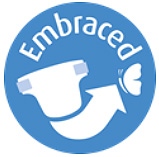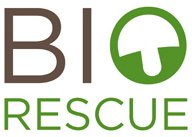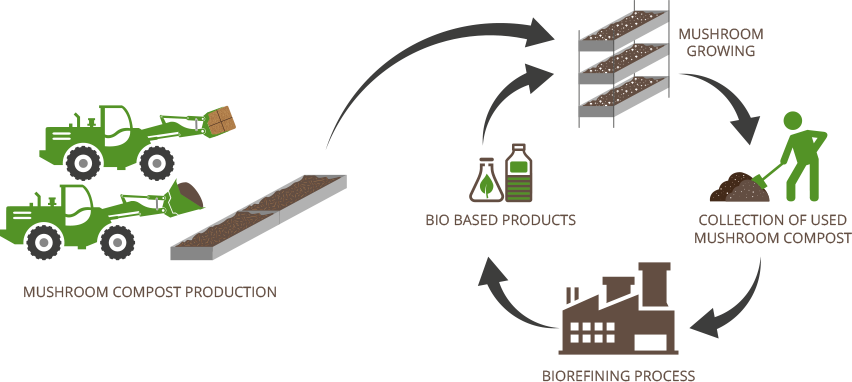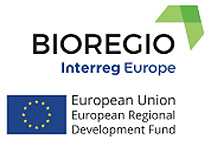ICT BIOCHAIN project
Project concluded

ICT-BIOCHAIN is a project aiming to promote the adoption of ICT, IoT and industry 4.0. solutions to improve the efficiency of biomass value chains. In order to achieve this, it developed a platform to connect stakeholders in the bio-based industry with ICT providers, and it established two Digital Innovation Hubs, located in ready-made, test-bed bioeconomy regions: South-East Ireland and Andalusia (Spain). Leading experts and support networks developed region-specific bio-resource data models and provided access within these hubs to best practices, expert knowledge, and information.
Contacts: Ana I. Martinez: anamartinez@sustainableinnovations.eu and info@ictbiochain.eu











